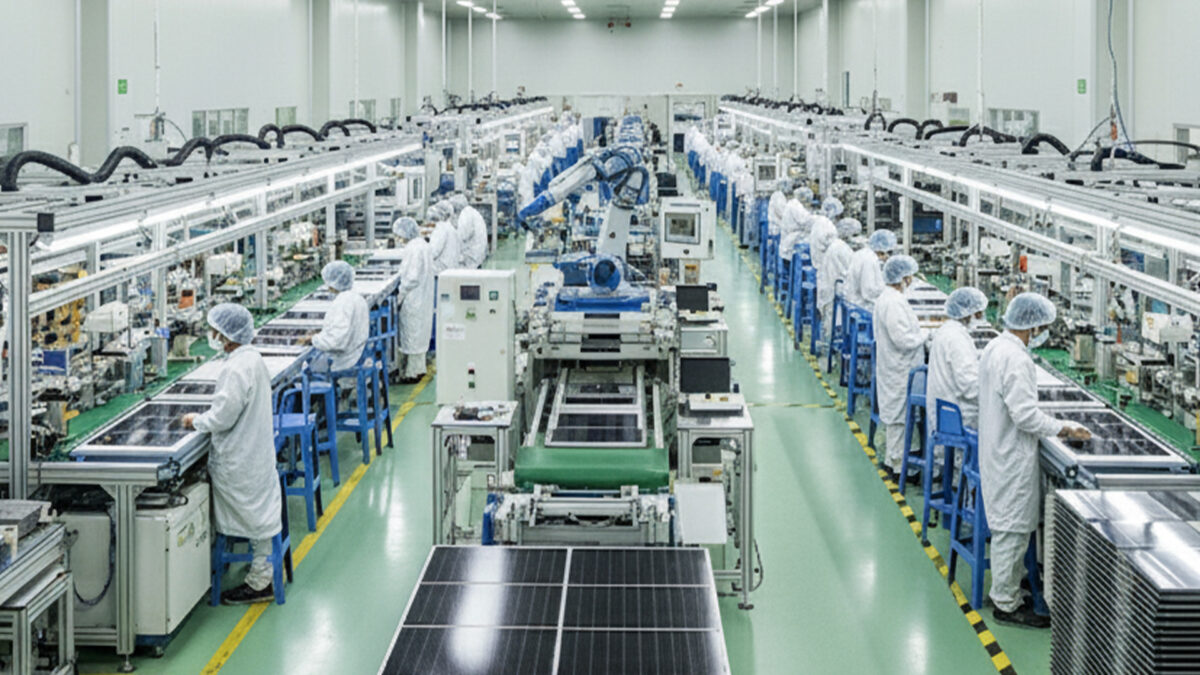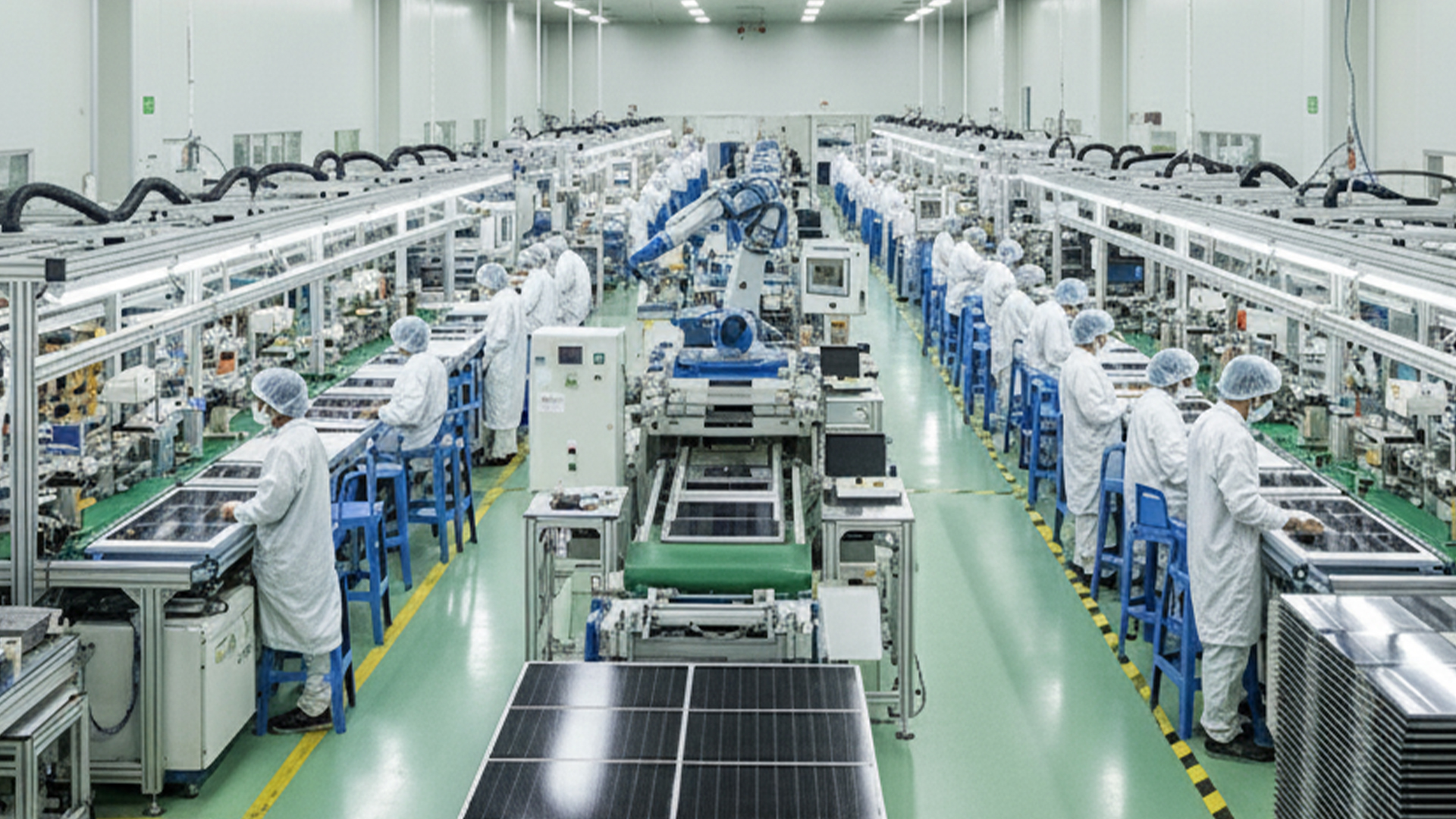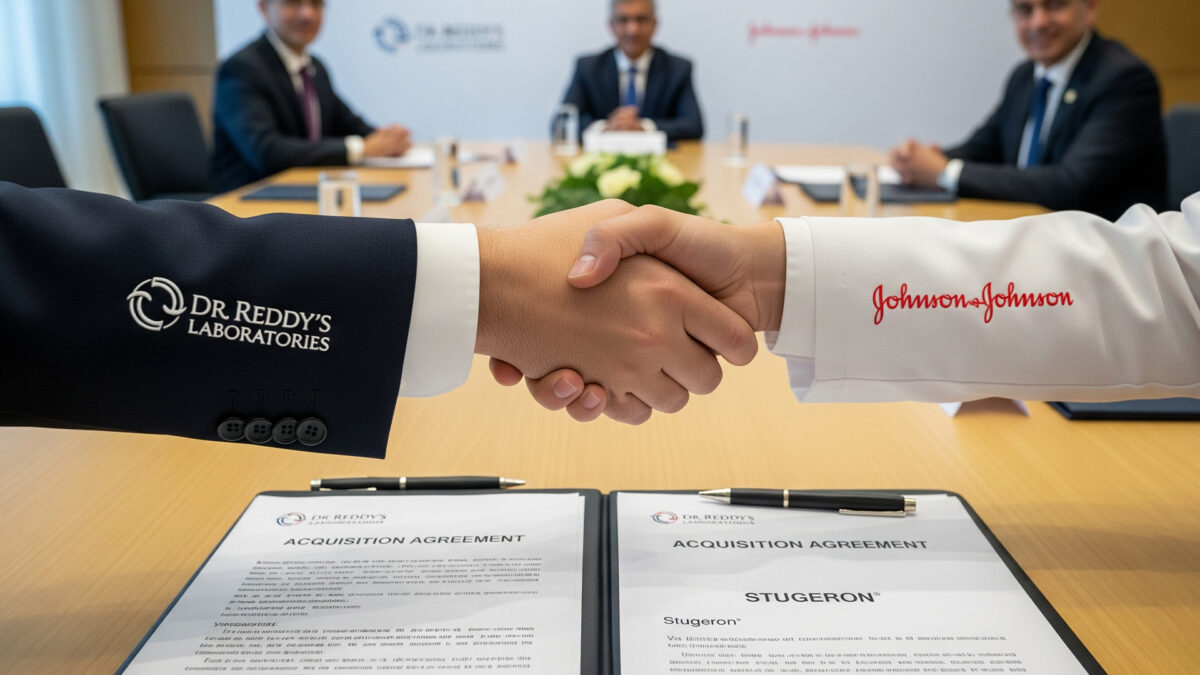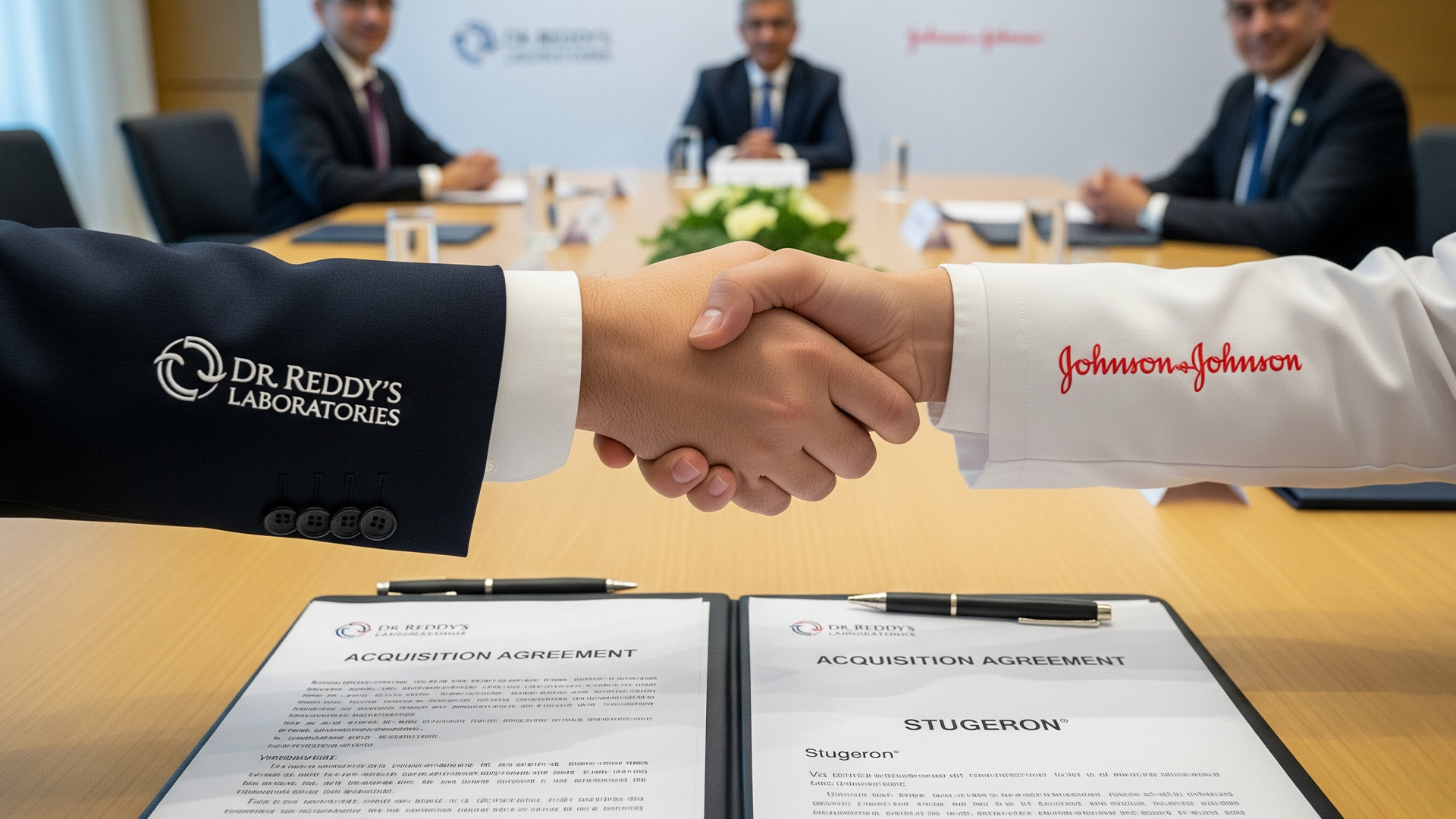Union Minister Nitin Gadkari on Friday made a strong appeal to the automobile sector, saying that India could unlock Rs 40,000 crore in Goods and Services Tax (GST) if the country’s 97 lakh unfit and polluting vehicles were scrapped. Speaking at the ACMA Annual Session 2025, Gadkari highlighted that the clean-up initiative would not only enhance government revenue but also create 70 lakh jobs and accelerate India’s ambition to become the world’s leading automobile industry within the next five years.
Gadkari’s pitch comes at a time when progress under the Vehicle Scrapping Policy, also known as the Voluntary Vehicle Fleet Modernization Program, has been modest. Up to August 2025, only 3 lakh vehicles, including 1.41 lakh government-owned ones, have been scrapped. On average, 16,830 vehicles are being phased out monthly, while the private sector has invested Rs 2,700 crore in building the scrappage ecosystem.
Urging automobile manufacturers to support the policy, Gadkari proposed offering at least a 5 percent discount to customers who present a scrappage certificate when purchasing new vehicles. “It is not charity, because it is going to increase the demand,” he said, emphasizing that the cycle of scrapping and replacement would strengthen the industry’s growth prospects.
Gadkari also pointed out that effective implementation of the policy could reduce the cost of automobile components by 25 percent, as recycled materials like steel and aluminium would be reintroduced into the supply chain. At the same time, removing unfit vehicles would significantly cut emissions, reduce fuel consumption, and improve road safety.
Underlining India’s long-term vision, he expressed confidence that the country’s automobile industry, currently worth Rs 22 lakh crore, could overtake China’s Rs 47 lakh crore and the US’s Rs 78 lakh crore sectors within five years. He further linked this ambition to energy security, noting that India’s Rs 22 lakh crore annual fossil fuel import bill was unsustainable. Gadkari advocated for scaling up ethanol production and blending it more heavily with petrol, citing Brazil’s 27 percent ethanol-blended fuel as a successful example.
The minister also addressed road safety concerns, highlighting the alarming statistics of 5 lakh accidents and 1.8 lakh deaths in 2023, with a majority involving young adults aged 18–34. He described fuel policy, vehicle scrappage, and safety as integral to national security amidst global instability.
Looking ahead, he said that the Automotive Research Association of India (ARAI) is testing E27 fuel compatibility, and once cleared, the proposal will proceed to the petroleum ministry and then to the Cabinet. Gadkari’s vision ties environmental action, economic growth, and energy independence into a unified strategy for India’s future.
Also Read: Reliance Consumer to Invest ₹1,500 Crore in Nagpur Food Processing Plant by 2026


















